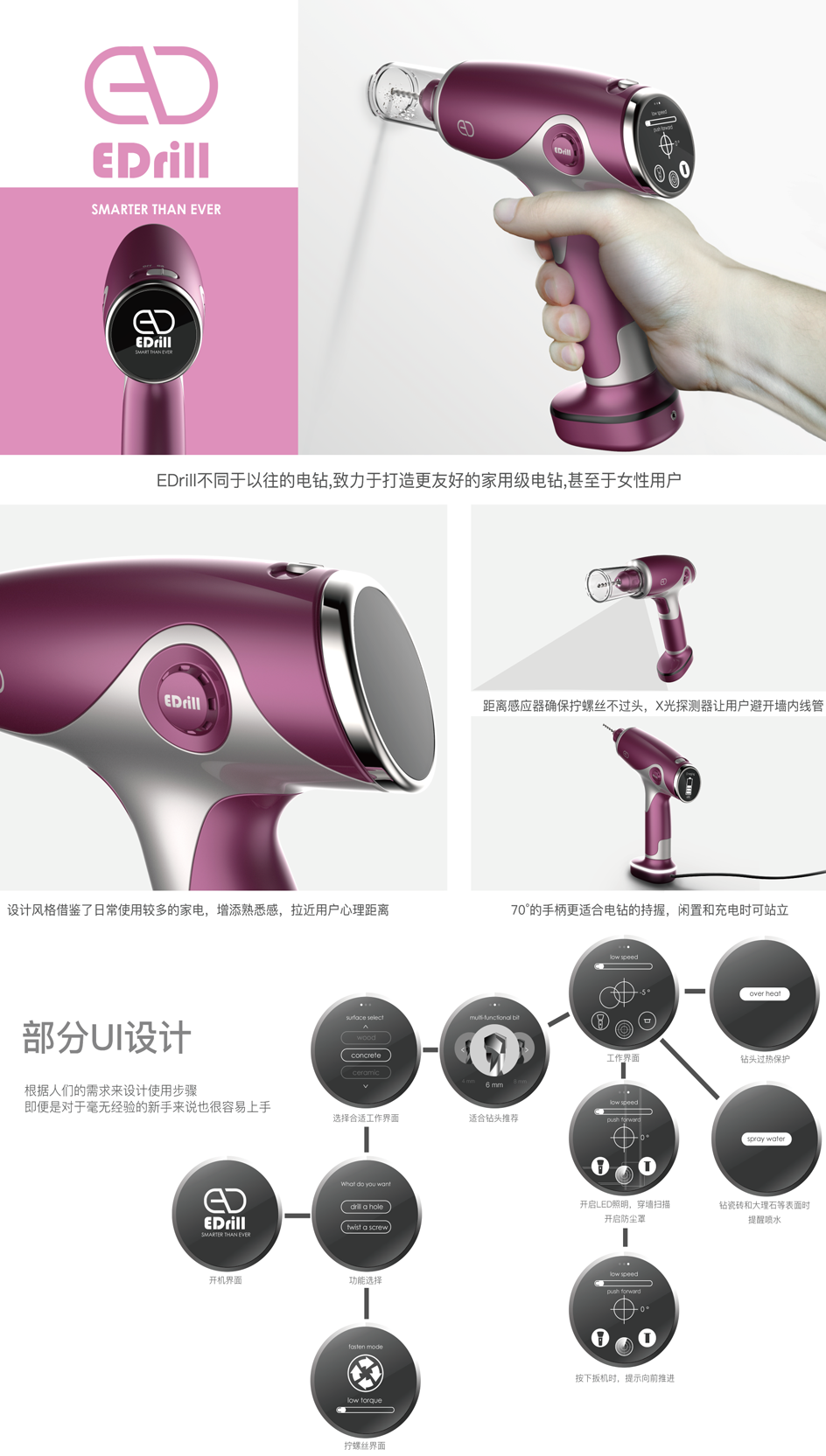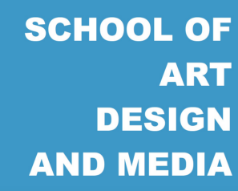
Professional Introduction
Industrial Design is an interdisciplinary field that merges the creative innovations of design art with advancements in science and technology. This program emphasizes the integration of disciplines such as mechanical engineering, information technology, materials science, and energy science, focusing on the interrelationships among product structure, function, materials, and form. The program is grounded in the harmonious coordination of humans, products, and the environment, using human-centered technology as a means to meet material needs and enhance human well-being. The aim is to cultivate innovative, interdisciplinary talents with a solid theoretical foundation in industrial design, advanced practical skills, and strong capabilities in design research and creativity, all tailored to meet the demands of modern high-end service industries. The program has developed notable advantages in aligning with market needs and fostering collaborative innovation with design institutions. It also boasts distinctive expertise in the study and teaching of Ergonomics, Kansei Engineering, and Design Theory. In 2022, the Industrial Design program was recognized as a National First-Class Undergraduate Program.
Program Objectives
The program seeks to cultivate well-rounded senior design professionals who excel in moral, intellectual, physical, and aesthetic development. Graduates will be equipped to meet the needs of national modernization and development, possessing a strong sense of social responsibility and ethical integrity. They will master modern design concepts and demonstrate innovative thinking, design methodology, market awareness, and teamwork skills. The program aims to develop individuals with knowledge and expertise in industrial product design, education, and research, preparing them to take on specialized roles in industrial design education, research, design firms, and management units.
Core Courses
Basic Drawing, Engineering Drawing for Design, Design Fundamentals, Form and Composition, Design Principles, Introduction to Design History, Ergonomics, Computer-Aided Design, Fundamentals of Mechanical Design, Design Materials and Processing Technologies, Product Improvement Design, Product Development Design, Product System Design.
Curriculum Overview
Students in this program will primarily study the fundamental theories and knowledge of industrial design. Throughout their studies, they will be trained in innovative design thinking, industrial design methods, and essential design skills. In addition to the fundamental ability to creatively solve problems, graduates of the Industrial Design program will possess the following skills: excellent sketching and freehand rendering abilities, proficient model-making techniques, outstanding communication and interpersonal skills, a refined sense of aesthetic judgment, and a keen sensitivity to the structure of positive and negative space. They will be capable of completing the entire design process, from conceptual sketches to 3D renderings and post-production.




